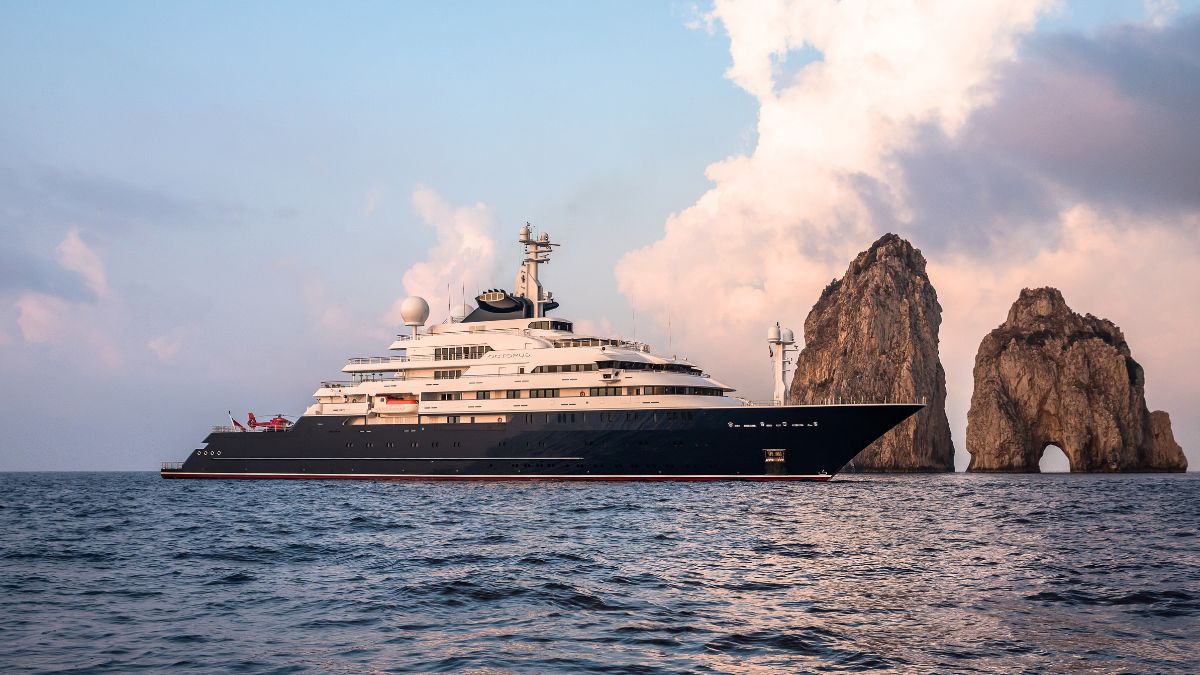
Published 18 November 2025

Director of Yachting
With over a decade of experience in charter brokerage and management, Gayle brings deep expertise and global perspective to the world of superyachting. Passionate about marine conservation and luxury travel, she combines strategic insight with first-hand knowledge to craft extraordinary experiences for ultra-high-net-worth clients.
Key Takeaways
- Purpose-built explorer yachts will dominate, with mission-driven layouts replacing outdated “one-size-fits-all” designs.
- Modular, season-specific configurations will lead demand, allowing yachts to switch efficiently between polar and tropical expeditions.
- Operational resilience becomes a genuine differentiator, especially as clients push further into polar regions.
- Permitting knowledge will be critical, with fast-changing Arctic regulations testing even experienced operators.
- Specialist onboard teams, scientists, filmmakers, drone pilots, adventure guides and wellness experts, will increasingly define the guest experience.
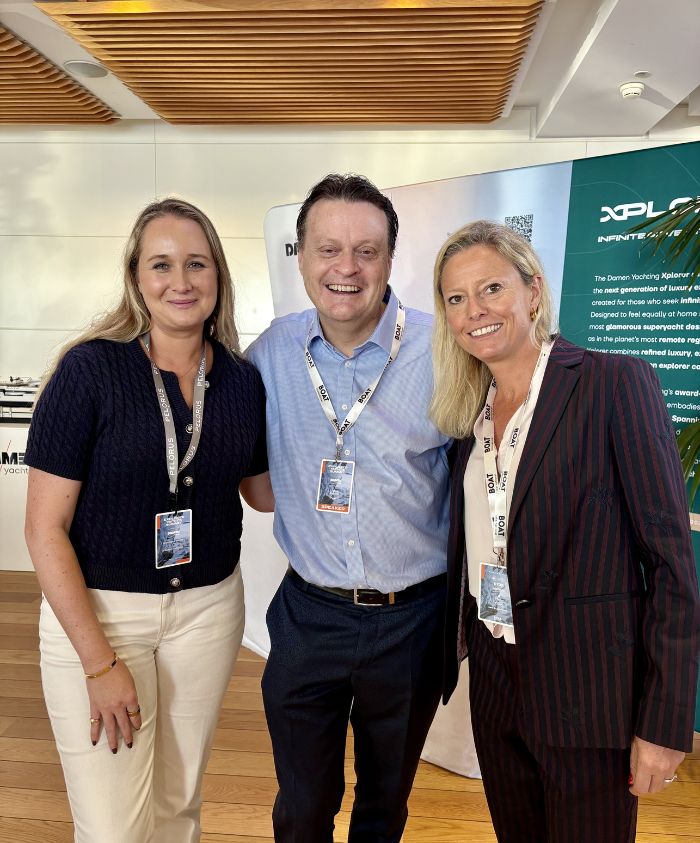
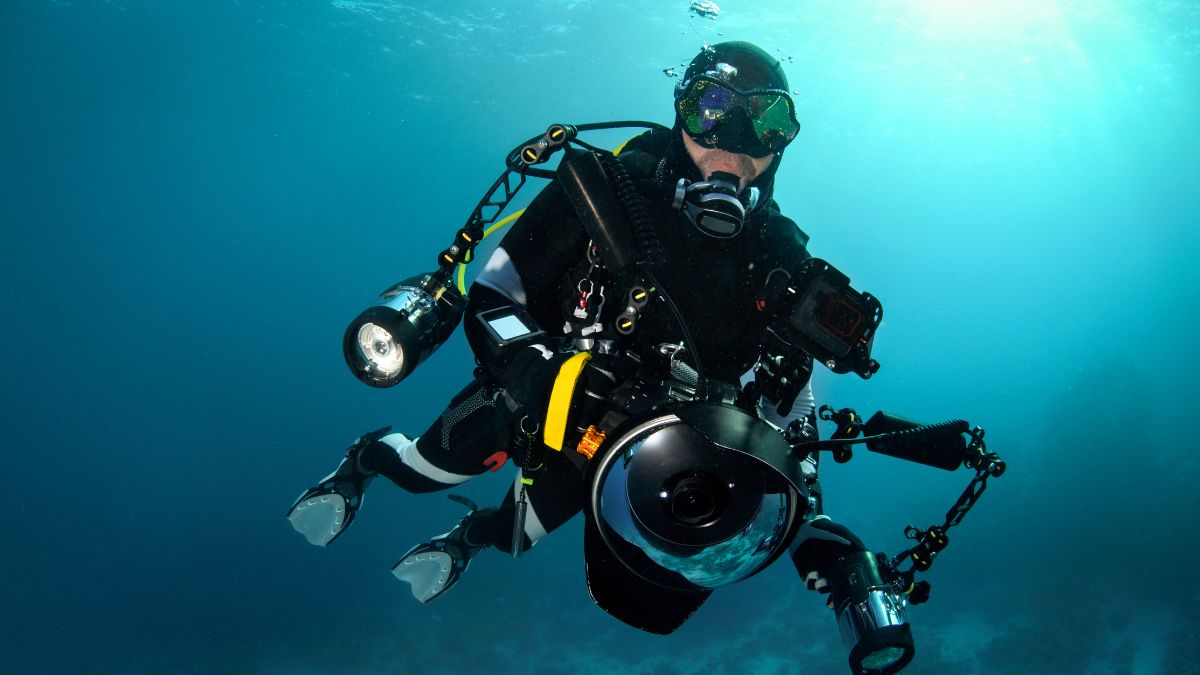
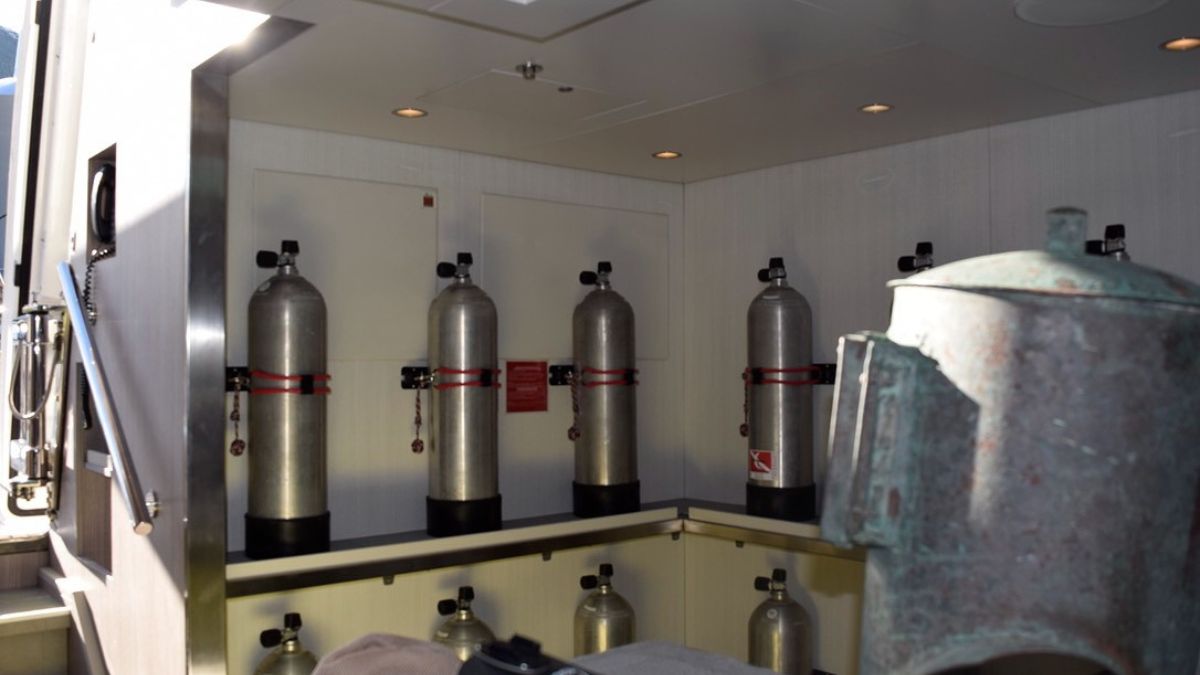
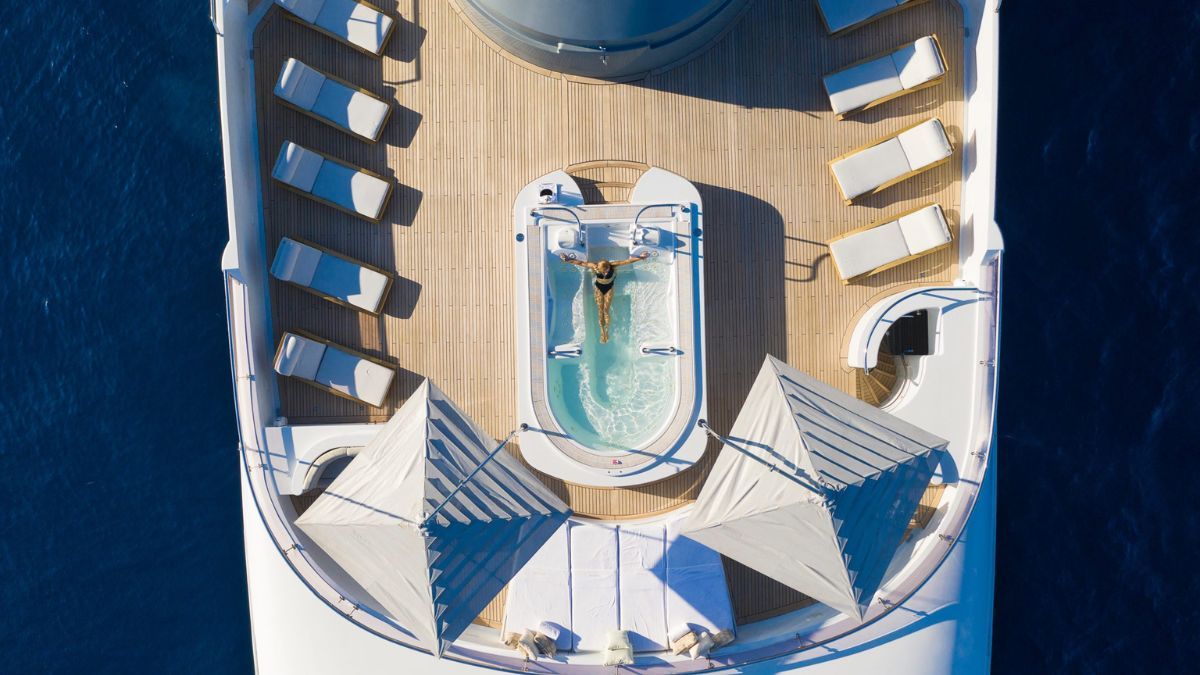

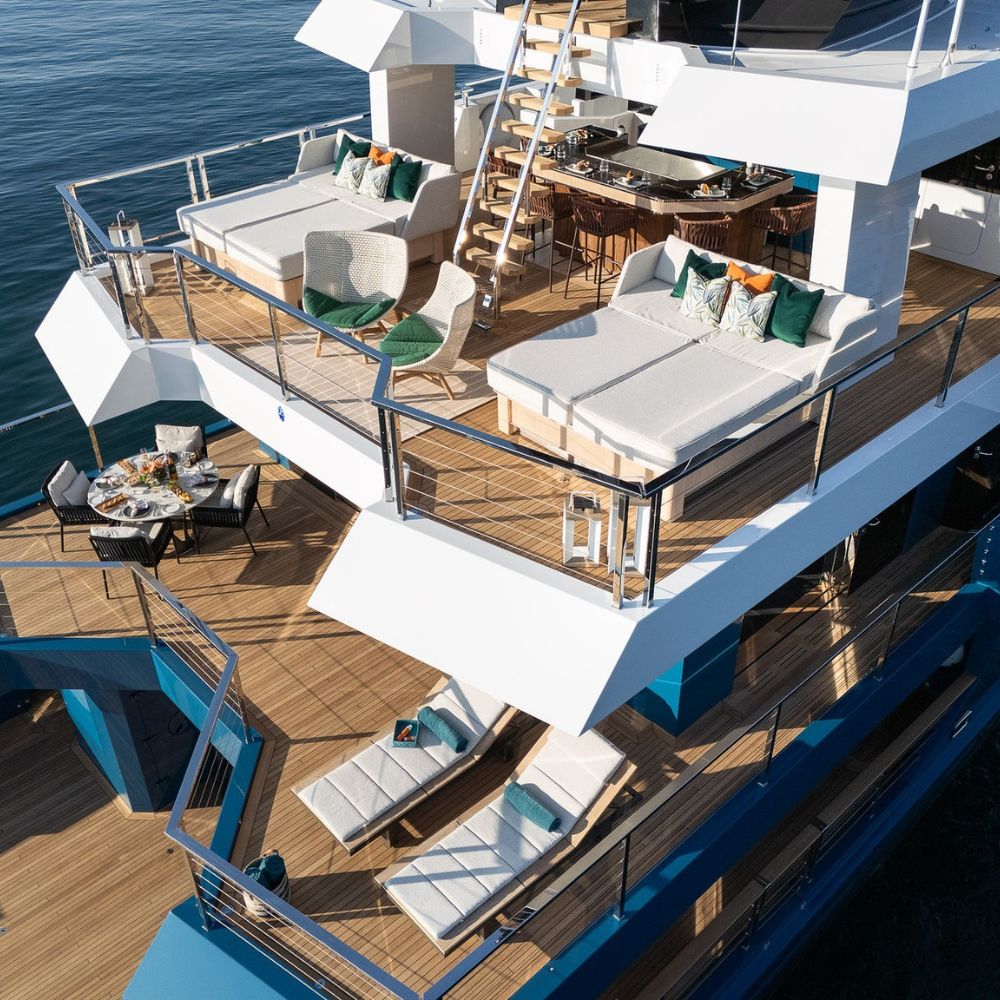

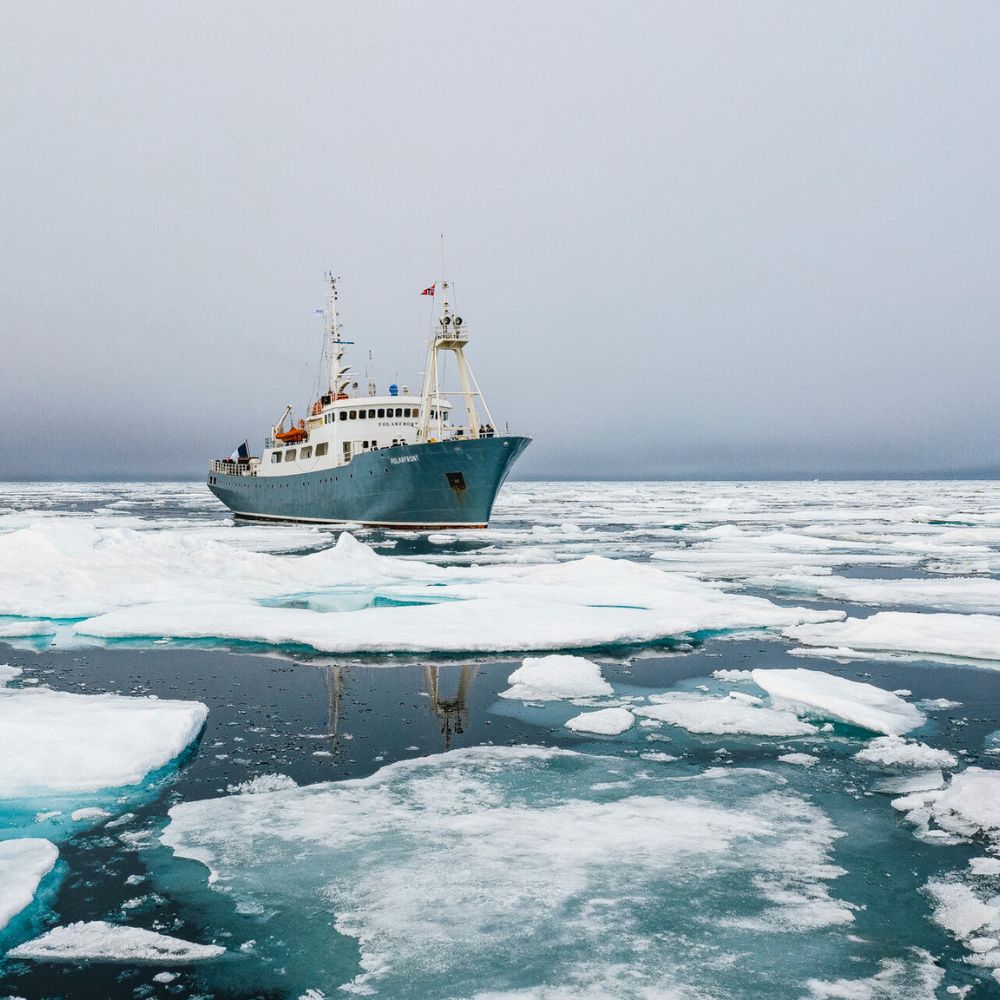
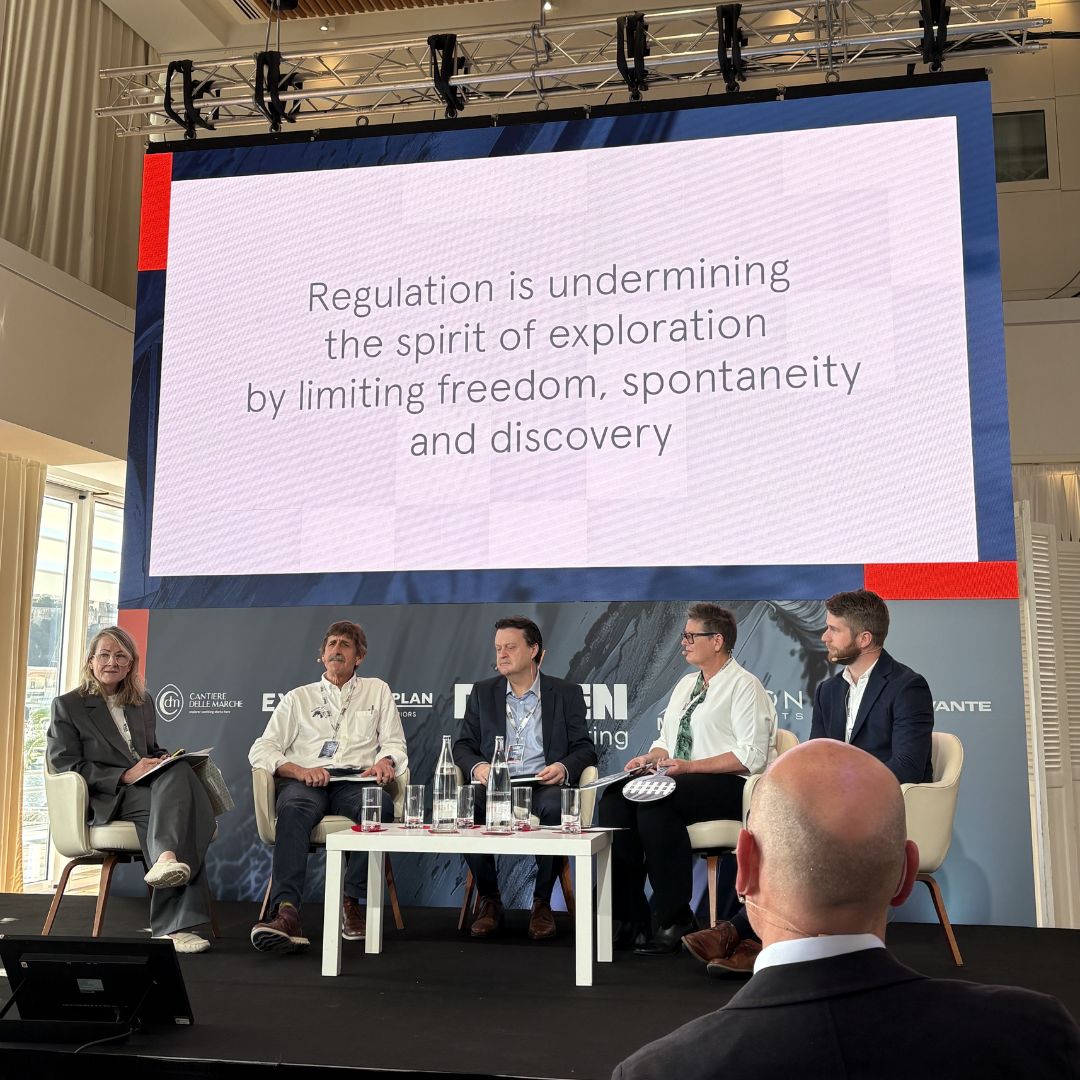
.jpg)


.jpg)






